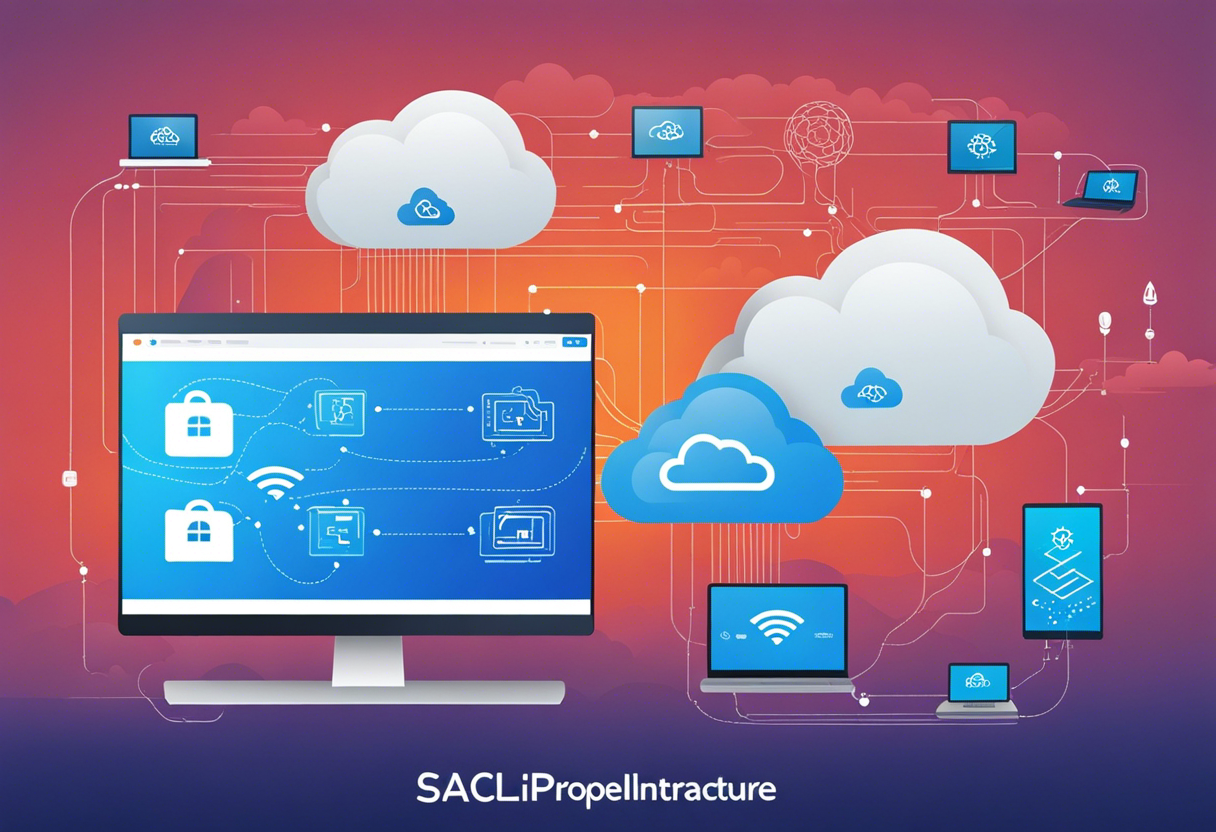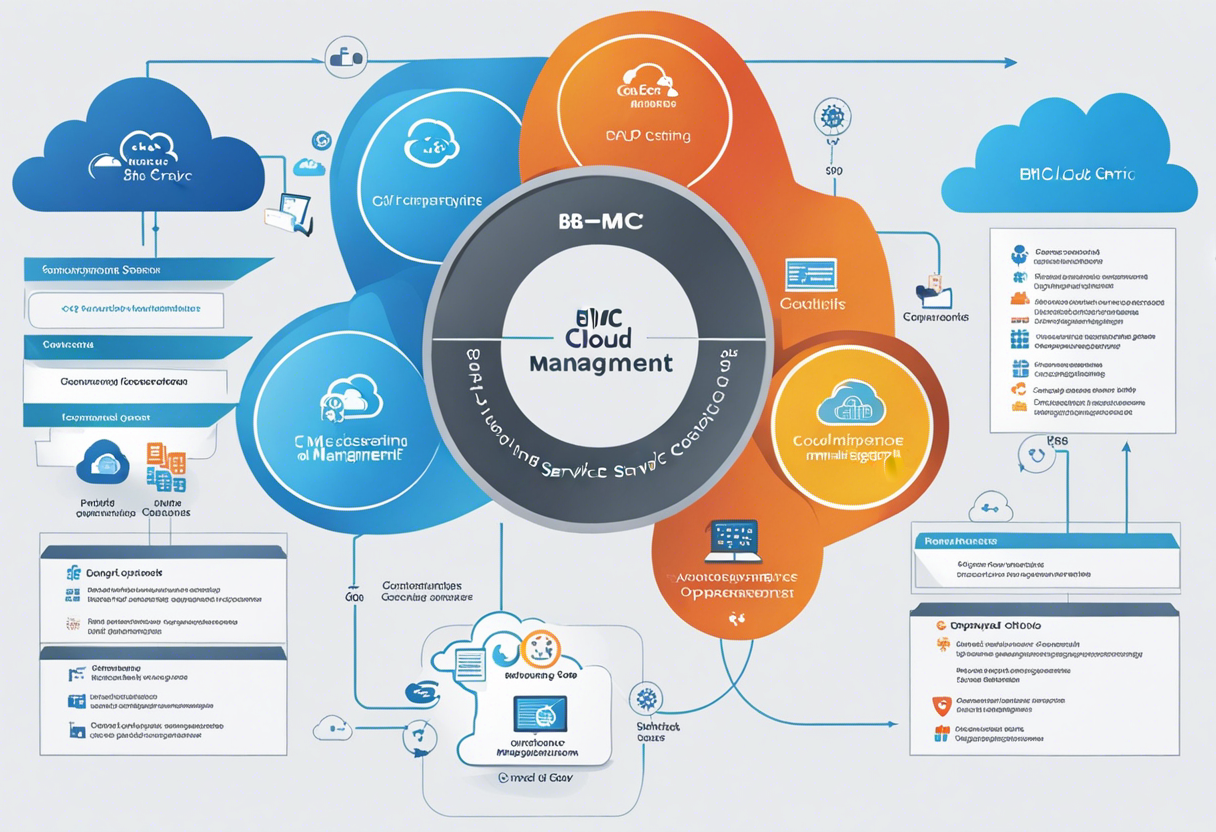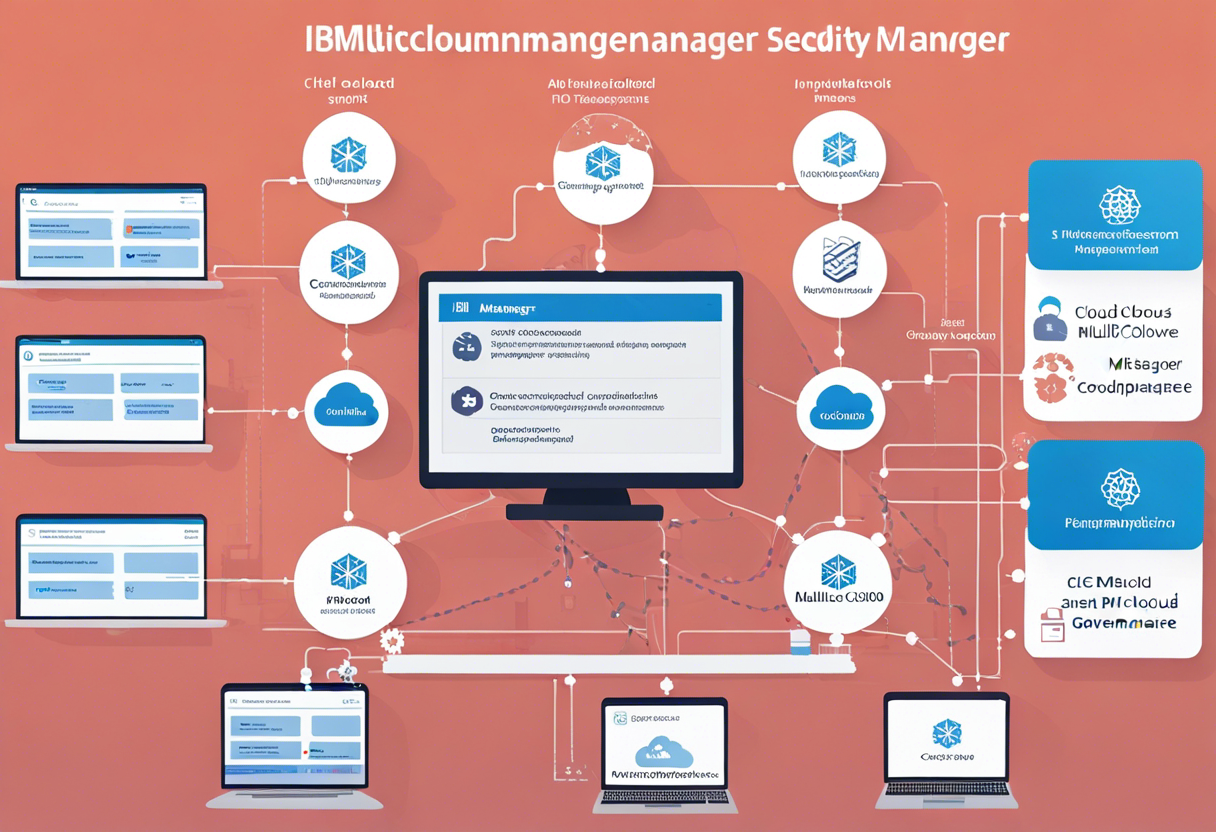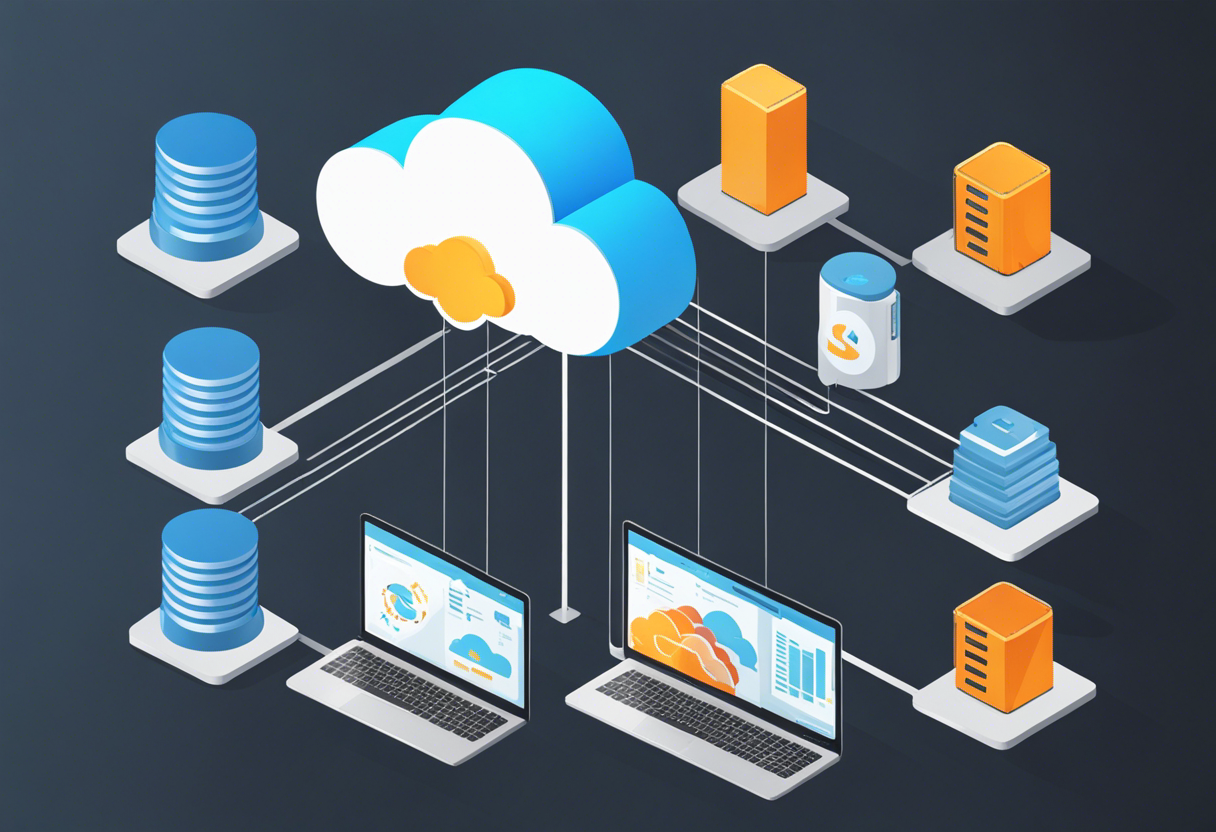Top 5 Multicloud Management Platforms Revolutionizing Data Handling Efficiency and Flexibility
As enterprises shift towards digitization, the adoption of multiple cloud platforms or 'multicloud' has become a practical approach to tackle a variety of workloads, ensure flexibility and enhance data handling efficiency. But managing multiple cloud platforms can be complex. This is where multicloud management platforms come into play with their ability to manage and coordinate data and applications across several cloud environments. This opens up a world of possibilities by leveraging strengths from different cloud providers and avoiding vendor lock-in.
Among a plethora of options, five platforms have distinctly set themselves apart, offering revolutionary solutions to manage data and applications effectively across multiple cloud platforms. The following sections delve into these top-notch multicloud management platforms that are transforming how businesses manage and handle their data.
Scalr: Propelling Infrastructure-as-Code (IaC) Approach

Scalr garners an impressive reputation for its Infrastructure-as-Code (IaC) approach which streamlines the management of multicloud environments. Its universal approach to cloud management design ensures compatibility with various providers such as AWS, Google Cloud, and Azure.
A quintessential feature of Scalr is its hierarchical model which promotes seamless policy enforcement across various cloud environments. Scalr scores high on its environment-centric approach enabling users to manage cloud resources effectively while ensuring robust access control. Moreover, its cost management features provide detailed insights on cloud spending, paving the way for budget optimization.
Flexera: A Champion in Transparent Cloud Financial Management

Flexera brings to the table an exceptional knack for transparent cloud financial management. With robust features like cost tracking, allocation, and optimization, Flexera takes a comprehensive stance on cloud cost management.
Among its key strengths is its ability to provide insightful data on the overall spend on cloud services, as well as specifics like business units, accounts, and services. Further, it points out unused resources that can be eliminated, optimizing expenditure while maintaining data handling efficiency. With unlimited public and private cloud support, Flexera appeals to businesses looking for cost-effective multicloud management.
BMC Cloud Lifecycle Management: Bringing Service-centric Approach

BMC Cloud Lifecycle Management shines in its delivery of interaction and coordination between various systems across multicloud platforms. Its service-centric approach bridges the gap between cloud service providers and end-users.
The platform impressively automates the provisioning of complex services across the cloud. Its remarkable features like self-service management, operational governance, and adaptive and preemptive maintenance, emphasize its focus on creating an intuitive and user-friendly environment.
IBM Multicloud Manager: Delivering Security and Compliance

Positioned as the enterprise-grade multicloud management solution, IBM Multicloud Manager is purpose-built for running sophisticated, distributed, and ever-evolving cloud-based applications. Its primary focus is on security and compliance, crucial in managing multicloud environments.
It facilitates control for Kubernetes applications with visibility, governance, and automation. The IBM Multicloud Manager optimizes management through features like automated scaling, load balancing, and recovery, making it a promising platform for businesses that mandate rigorous data governance.
CloudBolt: Excelling in Hybrid Cloud Management

CloudBolt excels in managing both traditional and cloud-native environments, thereby bridging the gap between old and new IT methodologies. It takes the notion of hybrid cloud management to the next level, proving effective in a variety of scenarios.
It offers self-service IT, speedy provisioning, and comprehensive cost visibility. Additionally, its features like multi-tiered applications allow IT departments to accelerate the delivery of multiple services, thereby improving overall data handling efficiency and agility.
There you have it, the top 5 multicloud management platforms that are revolutionizing data handling, efficiency, and flexibility in today's digital era.







